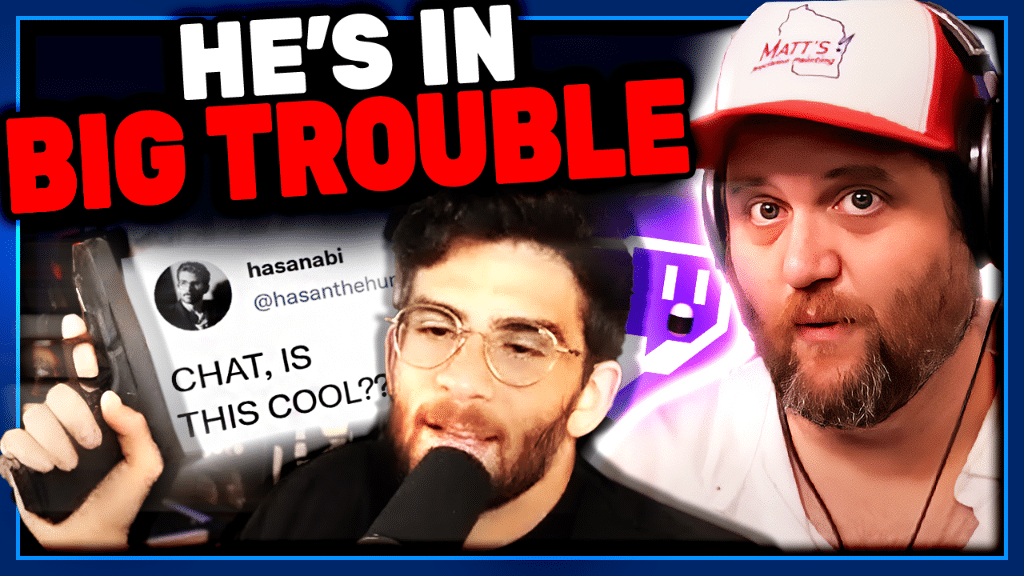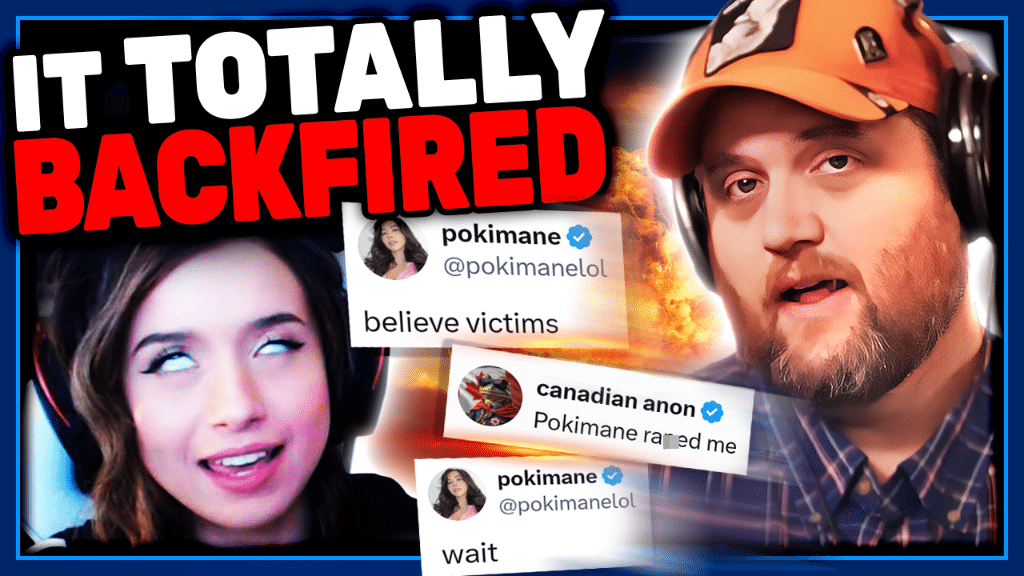In her new book, Taylor Lorenz charts the two-decade history of creator culture, documenting how user-generated content has redefined our ‘extremely online’ lives.
It’s now pretty common to treat online life as “real”—though this wasn’t always the case. In fact, for much of its relatively short history, social media and creator culture have been treated as anything running the gamut of fascinoma, nuisance, or passing triviality.
In her new book out today, Extremely Online, Taylor Lorenz lays out a twenty-ish year history in which digital culture as we currently understand came into being. The evolution is marked by key moments and narratives in which status quos were shattered—sometimes visibly, but more often out-of-view for the general public. These stories are those of the users whose actions forked the timeline in how these tools and platforms evolved–and they are precisely the stories that Lorenz highlights in her book.
I recently sat down to interview Lorenz to discuss the book, her process as a historian, her own intersections with creator culture as it evolved, and much more. In homage to the viral media format that defined my (and Lorenz’s) twenties—the listicle—here are six key takeaways about creator culture Lorenz shared from the process of writing Extremely Online:
1) Timing is Critical for Social Media Platform Success
In the game of social media viability, some platforms—think MySpace, Vine, Clubhouse—just don’t make it. But that doesn’t necessarily mean that the platform had the wrong idea(s) about what would one day find success with creators and audiences. According to Lorenz, timing is the secret ingredient that can often determine who succeeds.
“I think MySpace was so ahead of its time,” Lorenz said on the Reality Studies podcast. “This is another trend that I saw in writing is that there were these people who were so early, and actually saw the future before anybody else. I think MySpace’s vision of the future and how they talked about entertainment and media is 100% basically the way TikTok talks about it now … They were thinking about social media how it would be thought about in 15 years, but they were trying to build it at this time when being online itself was still very stigmatized and weird … a lot of people I think would’ve been very successful if they had just been a little bit later.”
2) We’re Entering a New Chapter of Social Media and Creator Culture
In explaining the process for selecting the narratives that would capture the trajectory of creator culture’s evolution, Lorenz revealed that there was an important reason why she chose to end the content of the book around 2022.
“The reason I end the book where I do, which is in 2022-ish, is because I think that was the end of a certain chapter of social media,” Lorenz said.
As to the new chapter we’re entering, Lorenz cites certain forms of fatigue with the demands of constantly posting, and skepticism about the intentions of platforms whose economic model is ultimately surveillance.
“I think people today are starting to value privacy more,” Lorenz said. “I think that’s why you see people actually wanting to use these smaller platforms like BeReal where it’s more contained or like group chat or Discord or places where you’re not default sharing everything publicly and permanently. That era of social media, it’s a little bit over.”
3) Misogyny on the Internet
A prominent theme in Extremely Online is the seemingly endless torrent of misogyny that women and femmes face in simply participating in online life. Ironically, it is in many cases these same folks who broke down barriers and normalized certain forms of participation in digital spaces.
“This whole industry was built primarily by women and then secondarily other people that were basically marginalized, a lot of LGBTQ people, people of color, just people that would have never ended up in mainstream media,” Lorenz said. “That’s who fostered this whole blogging ecosystem and then really used the Internet very early to monetize. I don’t get it into it in my book because it was so niche and separate from this main industry, but sex workers were also really early adopters of the internet and online monetization. I talk about that later with OnlyFans, which I think was the first true creator-driven sex work platform…. People were obviously livid at it because I think since the beginning there’s just been this deep misogyny against women and women’s work and women’s role in society.”
This dates back to the group of bloggers who essentially launched creator culture as a concept: so-called “Mommy Bloggers.”
“I would say they were like literal mothers to this whole industry,” Lorenz said. “I think a lot of people think of the creator industry…beginning with YouTubers, and that’s not true. It really began with bloggers and specifically mommy bloggers, because mommy bloggers—which itself is this very fraught term that some women came to embrace and a lot of other women felt was deeply misogynistic—they dealt with so much misogyny and hate for what they were doing … [You had] basically a whole generation of Gen X mothers that were shut out of the workplace and turned to blogging to express themselves. They were the first to build a personal brand online and then monetize it. And they were just brutalized for it. People were just so angry that mothers would make money online. It was like this notion that motherhood was so sacred and like, ‘How could you monetize your life as a mother?’”













